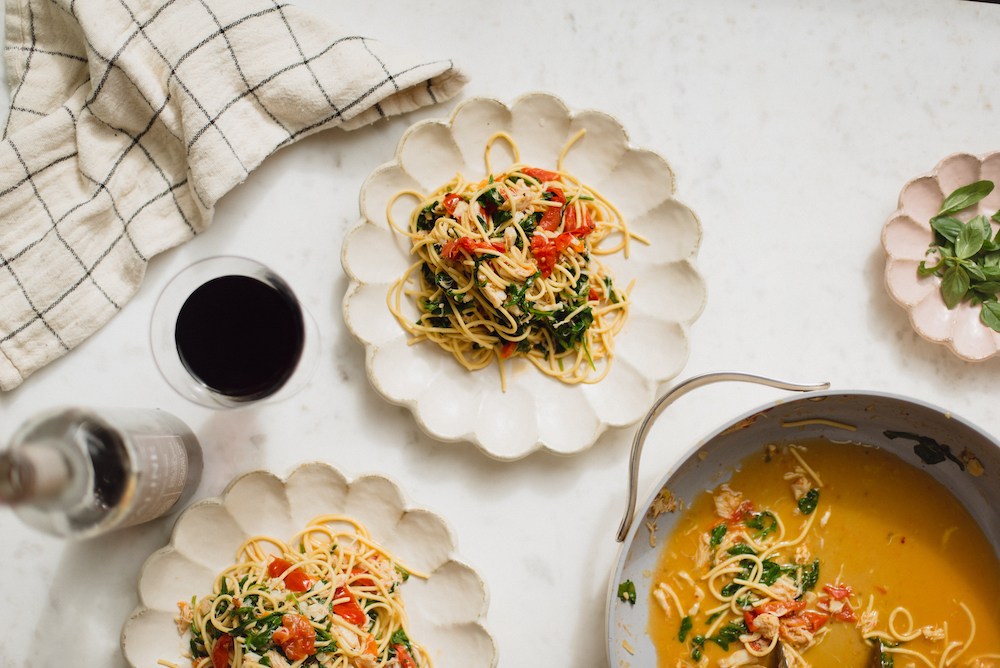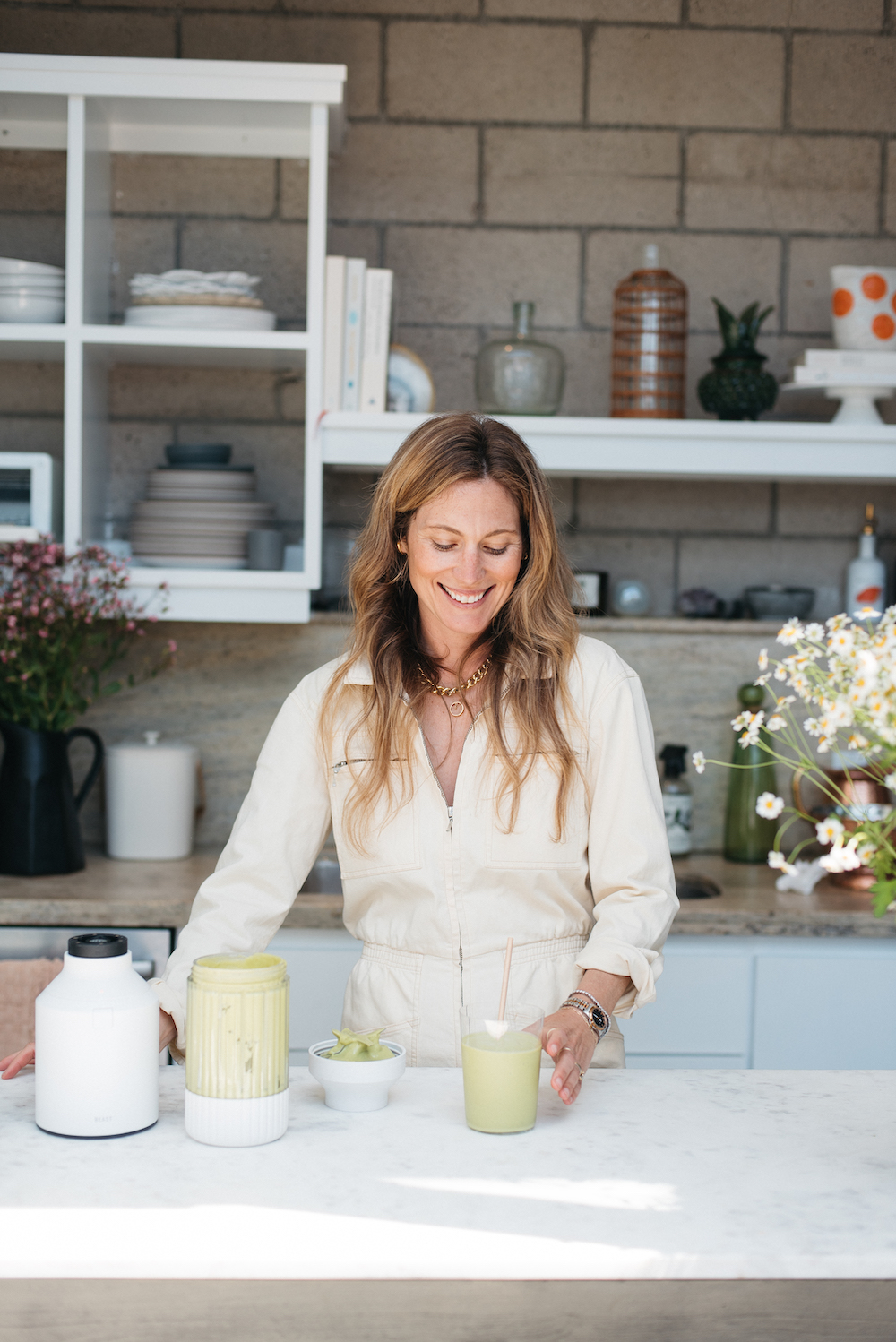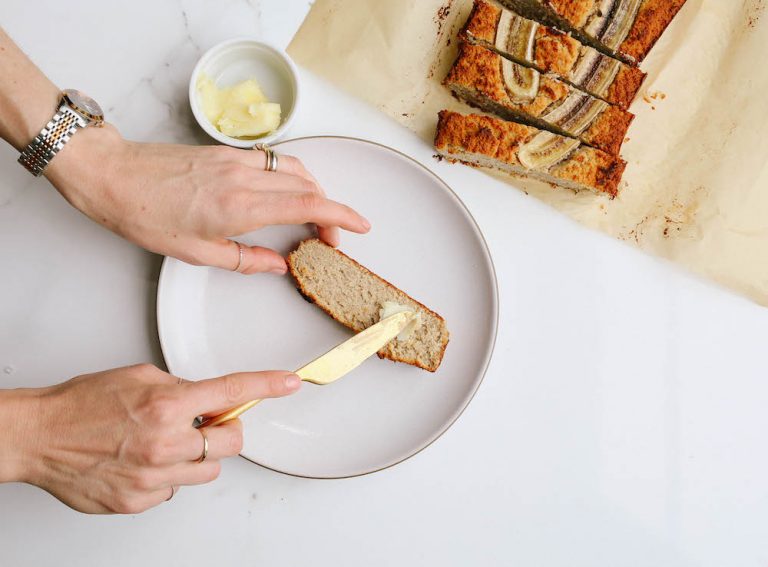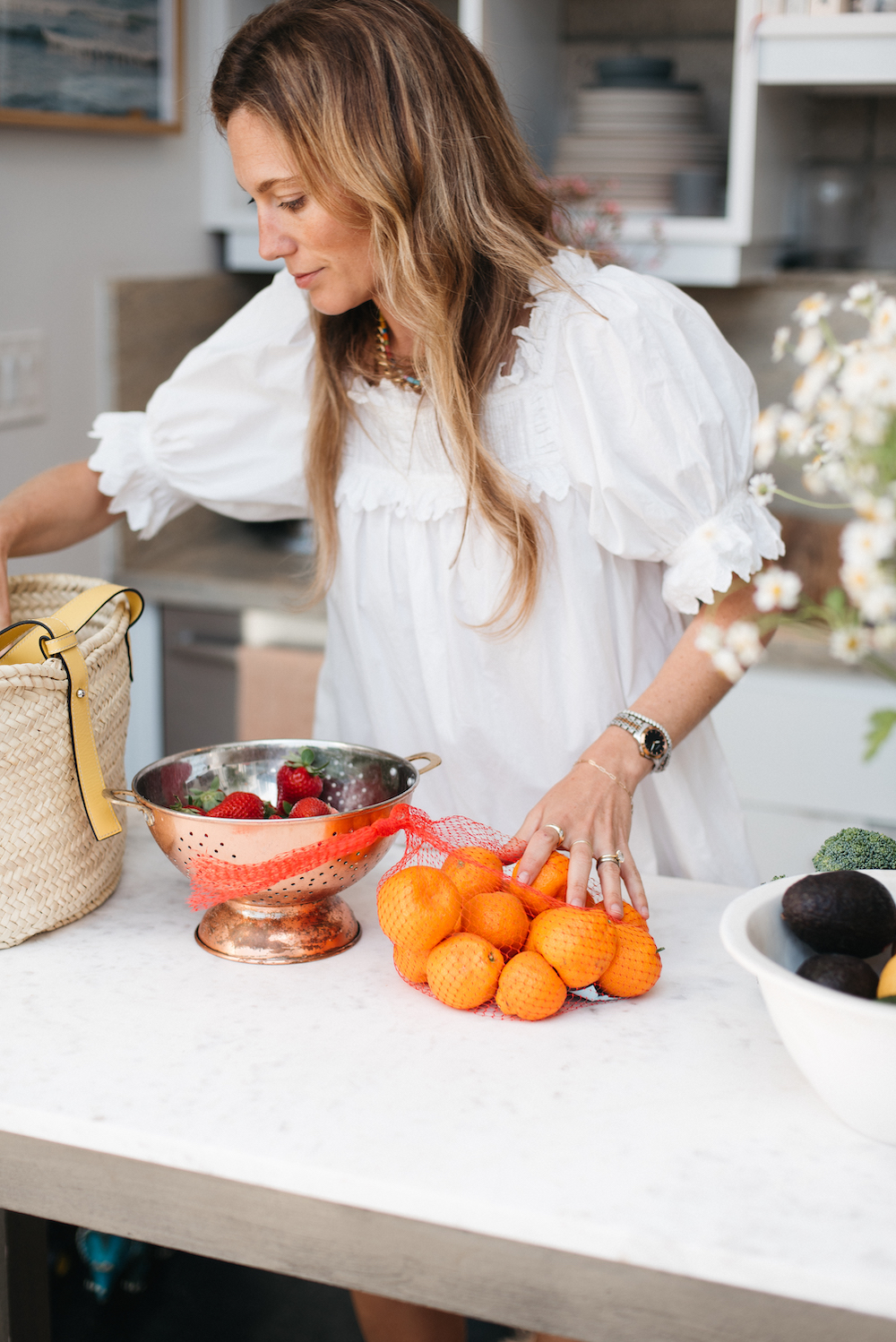Food freedom. Two simple words, but in a world where having a healthy relationship with what’s on your plate poses a challenge, the concept of freedom can feel elusive at best. I define food freedom as feeling confident in and empowered by your food choices, loving what you eat, and not stressing about what you should and shouldn’t be doing. Add to that feeling vibrant, energetic, and confident in the body you were born with. All good and amazing things, and I have a new online course to help you get there.
I know I’m not alone in saying this: Sometimes, it’s hard to be healthy! We are stretched and stressed and have to sift through a ridiculous amount of nutrition information, marketing from food companies, and pressure from society to do it all. It’s frankly impossible to navigate and horribly confusing. If you’re feeling lost or run down, I see you. And despite what your Instagram feed might suggest, you are not alone.
Know this: Food freedom isn’t a one-size-fits-all approach to living a healthy and balanced life. Instead, it requires a reframing of the choices that serve you best. Below, I’m breaking down the steps to help you find self-trust and confidence in how you’re fueling your body to feel your best.
Empower Your Food Choices
By understanding nutrition science and how it relates to your body, you can make simple tweaks that will improve your health and wellbeing without sacrificing the foods you love or having to add yet another thing to your to-do list. When you find new foods, habits, and routines that you genuinely enjoy, are easy for you to follow, and you know are supportive of your health, then you’ll effortlessly be more consistent with them. And when you’re consistent with these habits, even the simplest ones like drinking more water or having a balanced breakfast, the results follow.
Maybe you feel more energetic, less irritable or anxious, more comfortable in your body, and confident in the choices you make for yourself. Imagine the effect this might have on your relationship with food, friends, family, colleagues, strangers, and yourself, your productivity at work and at home, overall happiness, and long-term health.
Connect With Your Intuition
Intuitive eating is not simply eating what you want when you want. That’s the goal, of course, but it can take a little work to break free of sugar, alcohol, caffeine, or other food dependencies, sharpen your nutrition knowledge, and align what you want with what your body needs. When you understand the foods and routines that make you feel your best, how to manage blood sugar levels, build balanced meals, increase energy, improve your sleep, reduce your stress levels, and improve your overall health, you will find that your preferences start to shift.
With these habits and practices established, your intuition will be more connected to what your body needs to thrive. You’re no longer having to restrict yourself from the foods you’re craving because you’re not craving them as much. This is food freedom! I see it all the time in my nutrition practice and is at the core of my Nutrition for Food Freedom course.
Explore Nutrition Beyond Food
Nutrition is not merely what we eat, and we can’t think of our food choices in a vacuum or separate from other areas of our lives and wellbeing. If you are stressed or tired, for example, you are naturally going to crave more sugar and refined carbohydrates. And once you start, you’ll be fighting upstream all day with cravings for more. Rather than punishing yourself or feeling guilty, you can accept why you’re feeling the way you feel and try to make the best choice you can.
From there, work to improve your sleep and reduce your stress levels so you can be more in control of your food choices. Or, if you don’t have time to cook, meal prep, or plan your meals, you might find yourself grabbing foods out of convenience that you don’t really want. This is a circumstantial issue, and there are solutions for this that don’t involve elaborate weekend meal prep. To start, you could carry nutrient-dense snacks with you, stock up on frozen or prepared foods, and make a list of healthy takeout options in your area.
The Food Freedom Effect
With this approach, we’re flipping the script and focusing on nourishment. We’re setting ourselves up for success rather than trying to restrict or force our food choices in a way that might not feel natural to you or be compatible with how you live your life. This mindset shift alone changes a negative experience into a positive and empowering exercise that will help you get the results you’re looking for, whether that’s increased energy, clearer skin, better sleep, weight loss, or an improved relationship with food and understanding of your body.
Food freedom is not about perfection. In fact, it’s all about flexibility over rigidity. There’s no on-the-wagon off-the-wagon or starting over on Monday. Food freedom is loving your morning smoothie and feeling great about going to pizza with friends. You know your limits and boundaries, which sometimes you’ll test, but having awareness of it gives you control over how you feel and the experiences you want to have.
Want to dive further into all the good body and nutrition-lovin’ wisdom? Use code CAMILLESTYLES to save 20% on Mia’s course, Nutrition for Food Freedom.
Share this Post
Author





